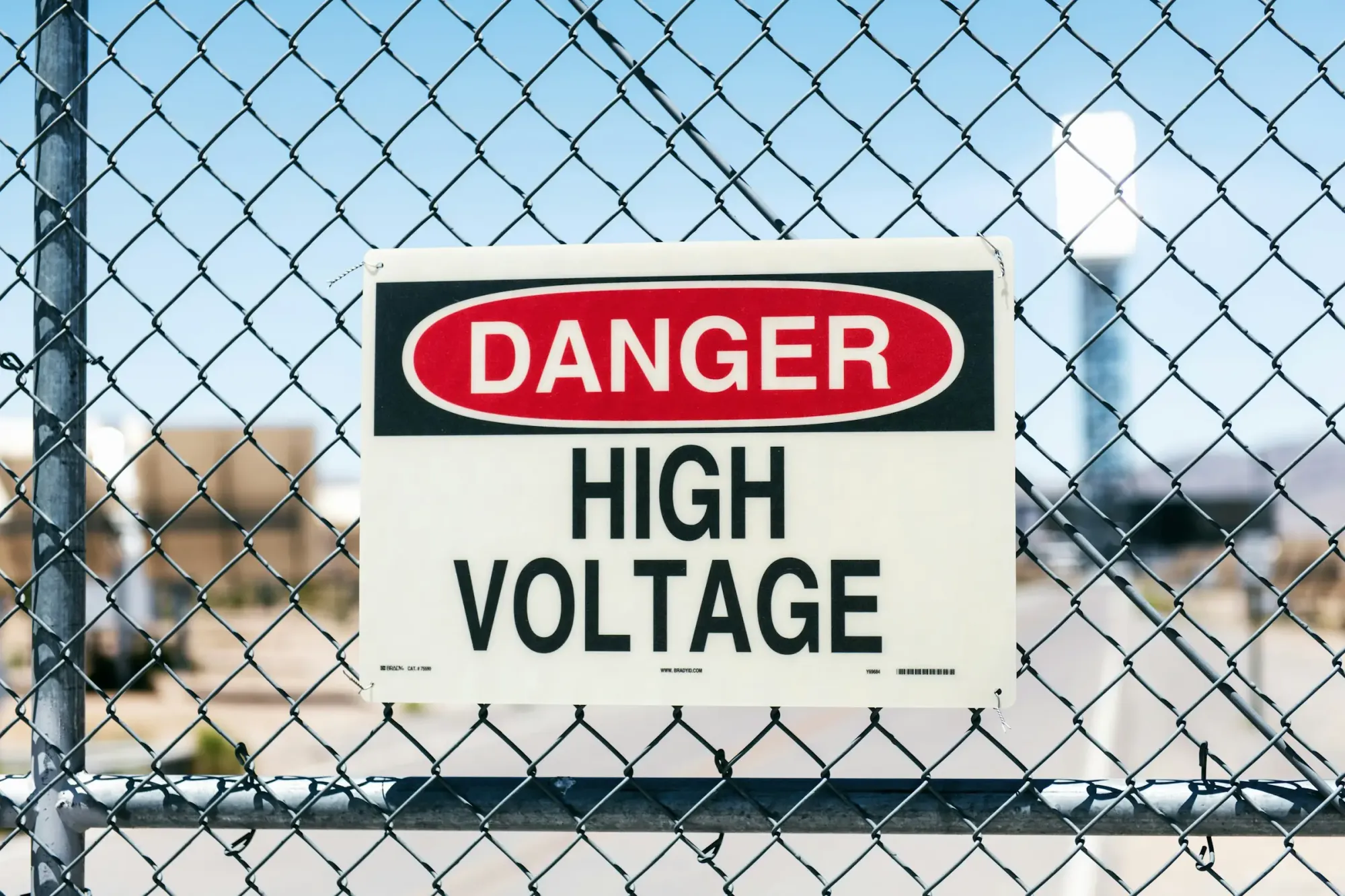Declarations of intent requiring receipt and actions similar to transactions (e.g. notifications of defects, warnings) become effective in accordance with § 130 BGB when they are received by the other contractual partner.
The party claiming receipt of the declaration must prove receipt. This distribution of the burden of proof also applies to the time, i.e. the timeliness of receipt.
There are differing opinions on the burden of proof of receipt of an e-mail.
- On the one hand, it is argued that the sender of an email has prima facie evidence that the email sent by him has been received by the recipient, unless it has been returned as undeliverable. This also applies if the message may have got into a spam filter. An e-mail is deemed to have been received by the recipient of a declaration of intent if it is stored on the recipient's server or the recipient's provider in a retrievable form (AG Frankfurt a.M., judgment of 23.10.2008 - 30 C 730/08).
- On the other hand, it is argued that the sender must demonstrate and prove receipt of the email in accordance with Section 130 BGB. The sending of the email does not constitute prima facie evidence of receipt by the recipient(LAG Berlin-Brandenburg, judgment of 24.08.2018 - 2 Sa 403/18). This also applies to a transmission protocol (see MüKoBGB/Einsele, 9th ed. 2021, BGB Section 130 para. 47).
In a recent ruling(LAG Cologne, judgment of 11.01.2022 - 4 Sa 315/21), the LAG Cologne endorsed the latter view. The sending of the email does not constitute prima facie evidence of receipt by the recipient. Whether the message arrives on the recipient's server after sending an email is not certain. As with ordinary mail, it is technically possible that the message may not arrive. This risk cannot be placed on the recipient. This is because the sender chooses the method of transmitting the declaration of intent and therefore bears the risk of the message not arriving. In order to ensure that an email has reached the addressee, the sender has the option of requesting a read confirmation via the options management of an email program (see BGH, decision of 17.07.2013 - I ZR 64/13).
Remark
This case law is not only relevant in employment relationships. It must be observed in all situations in which the receipt of a declaration of intent must be proven, e.g.
- Offer and acceptance
- Offsetting declaration
- Request for subsequent performance
- Termination
- Resignation
- Revocation
- Reduction
Even in the case of a fax , the OK note in the transmission report does not constitute prima facie evidence, according to the prevailing, albeit now highly controversial view, but merely an indication of receipt of the fax, because it only indicates that the connection between the sending and receiving devices has been established. On the other hand, the transmission report says nothing about whether the data was actually transmitted or whether line faults or defects in the receiving device prevented this. However, the OK note proves that a connection was established with the number listed in the transmission report. Therefore, as part of his secondary burden of proof, the recipient must present which device he operates at the remote station, whether the connection is contained in the memory of the device, whether and how he keeps a documentation of the reception journal, and he must also submit this if necessary (see MüKoBGB/Einsele, 9th ed. 2021, BGB § 130 marginal no. 47). However, you should not rely on this in the event of a dispute.
Practical tips
In important cases, the declaration should be sent - in advance by email with a request for read confirmation and subsequently - by registered letter or courier. For correspondence between lawyers, delivery by beA makes sense.
If lawyers wish to use an email to inform their clients of the appeal deadline expiring on the same day and motivate them to lodge an appeal, they must ensure that their email has been read by requesting a read confirmation (see BGH, decision of 18.11.2021 - I ZR 125/21).
Update
If an email is made available for retrieval on the recipient's mail server during normal business hours, it is generally received by the recipient at this time. The fact that the email is actually retrieved and acknowledged is not required for receipt (see BGH, judgment of 06.10.2022 - VII ZR 895/21).







Comments